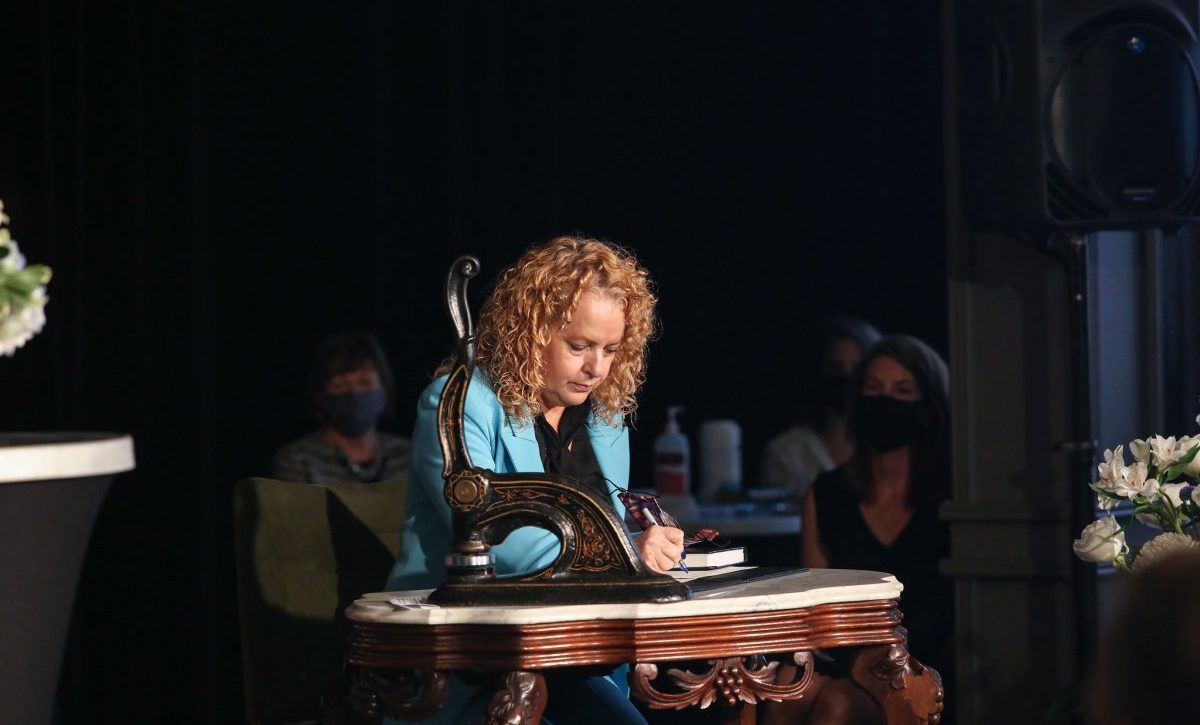
New Minister sees Immigration as Critical to Economic Recovery
The New Brunswick Multicultural Council met this week with the province’s new Minister Responsible for Immigration, Arlene Dunn, as well as Minister of Post-secondary Education, Training and Labour, Trevor Holder, to discuss key priorities related to immigration. The discussion was about how immigration will play a key role in New Brunswick’s economic recovery and post-pandemic future.
Key issues on the table, included: working with Immigration, Refugees, and Citizenship Canada (IRCC) to address processing delays and back-logs; improving the connection between newcomers and employment opportunities that align with their skills and experience; increasing the representation of visible minorities on boards, committees and at leadership tables; encouraging the development of more inclusive housing and communities; and, increasing the stability of settlement services through multi-year service agreements in New Brunswick.
“The pandemic has underlined yet again how critical immigration is for New Brunswick’s economy and essential services, but it has also shown us how complex and challenging this work can be.” said Moncef Lakouas, president of New Brunswick Multicultural Council. “The province aims to both increase the number of newcomers each year while improving retention results, which presents a dual challenge for both our provincial government and the settlement agencies,” said Lakouas.
As of October 1st, 2020, New Brunswick welcomed a total of 2,165 permanent residents with the first quarter seeing almost half of new arrivals: 1,080. In comparison, by October 1st, 2019, the province had already seen 4,710 new permanent residents arrive.
While delays at the federal level have slowed immigration processing, and travel restrictions have contributed to further delays, the provincial government has surpassed the number of nominations issued to new immigrants in 2019. New Brunswick’s continued push to issue nominations despite the pandemic demonstrates the continued importance of the file for the province’s economy and labour force.
As of October 1st, 2019, the province had nominated 1457 permanent residents, and by this same date in 2020, the province had nominated 1507 permanent residents.
“I was pleased to meet with officials from the New Brunswick Multicultural Council,” said Dunn. “It’s no secret that immigration will be a key component of New Brunswick’s population growth and economic sustainability and I look forward to continuing to work hand-in-hand with the Council to address issues of mutual concern.”
“Employers turning to immigration to address talent shortages should be very encouraged by the province’s continued focus on the immigration file,” said Lakouas. “We obviously have a lot of work to do and many gaps to fill in order to help newcomers succeed and fully participate in the province, but we’re getting very positive early signals from the new Minister that she is laser-focused on better results for newcomers and the provincial economy.”
